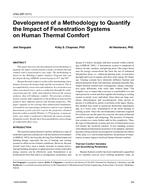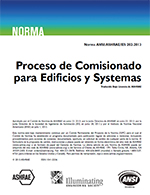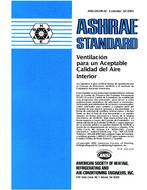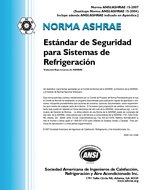Description
This paper discusses the development of a methodology to quantify the impact of fenestration systems on human thermal comfort with a representative case study. The methodology is based on the Building Comfort Analysis Program that was developed during ASHRAE research projects 657 and 907.
Human thermal comfort is achieved by maintaining a heat balance between the human body and the environment. This is accomplished by convection and radiation. In a room there are other associated issues, such as conduction through the walls, convection past the walls, and radiation between the various surfaces, that will influence comfort. The presence of fenestration systems adds complexity to the problem as fenestration products have different optical and thermal properties. This paper expands on the existing three-dimensional mathematical model by incorporating a method to read in a user-defined fenestration system and also read in the properties obtained from the widely available Window 5.1™ program. A representative case study is analyzed to illustrate the means of quantifying the results. Results have been quantified as a percentage of comfortable floor area.
Units: SI
Citation: ASHRAE Transactions, vol. 111, pt. 1, Orlando 2005
Product Details
- Published:
- 2005
- Number of Pages:
- 15
- File Size:
- 1 file , 22 MB
- Product Code(s):
- D-25659




